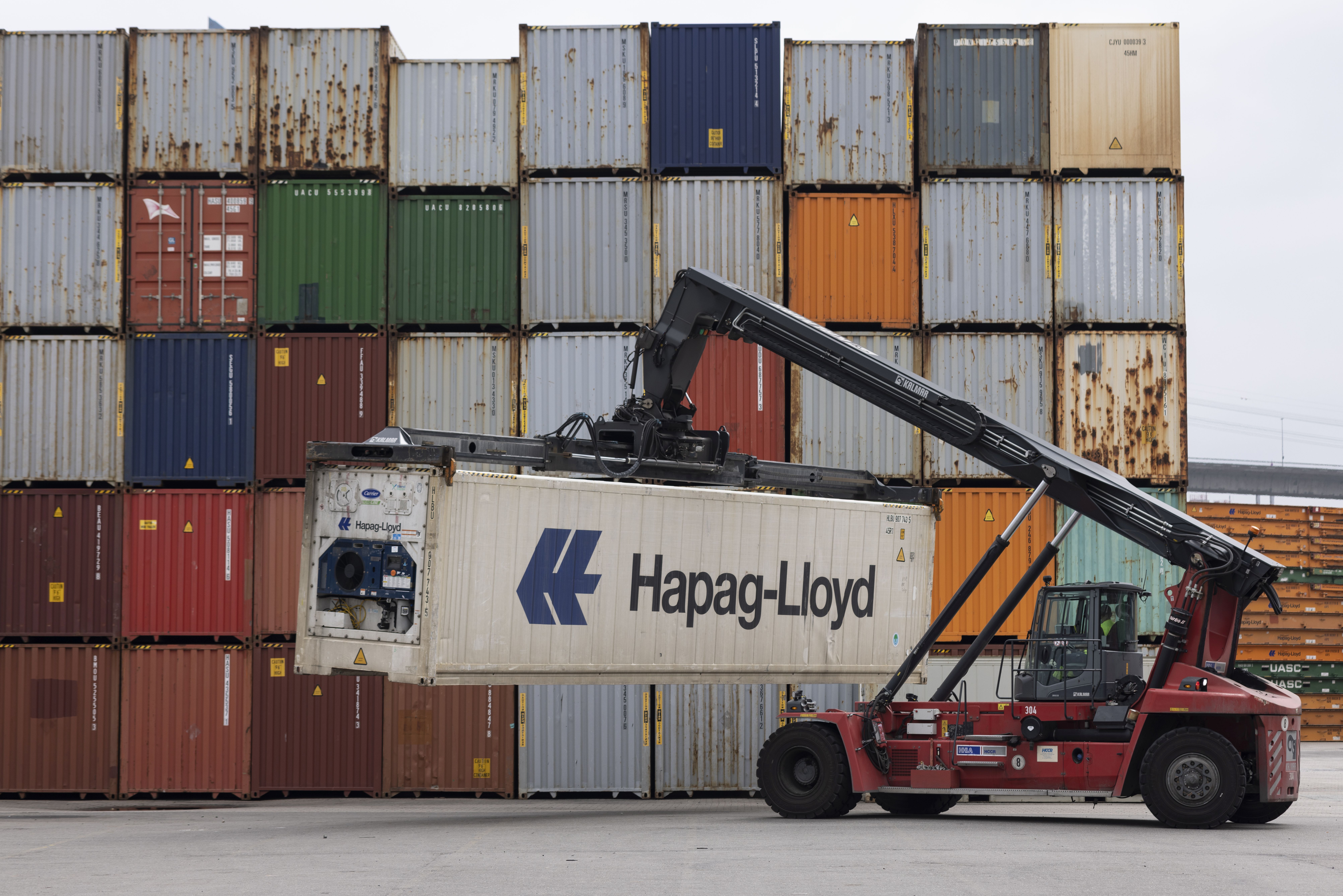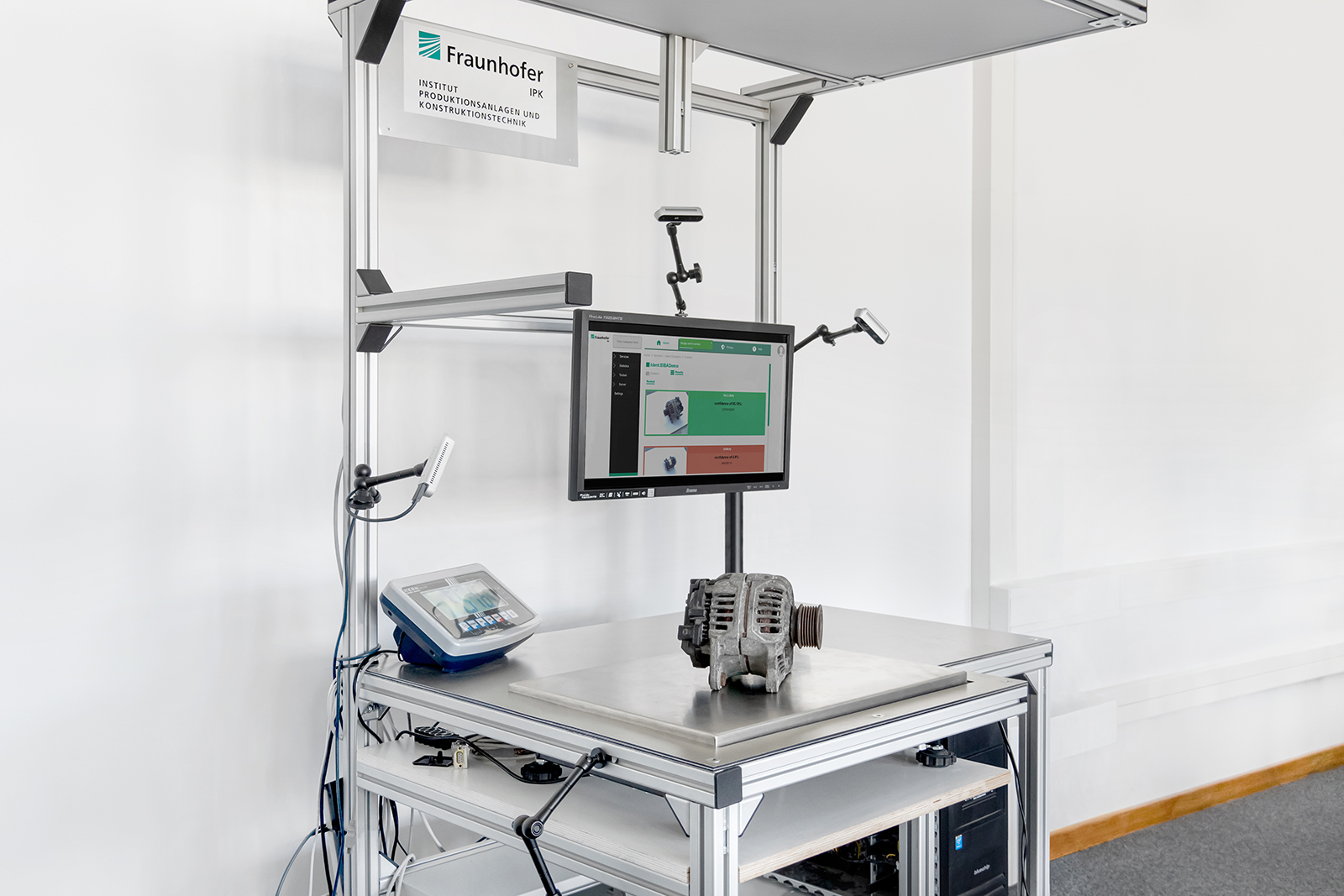Improving the efficiency of empty container handling in maritime logistics

Global trade chains are based on standard container units, particularly in the case of maritime transport. Globally, there are almost 30 million such shipping containers in use, with a total capacity of 47 million TEU (one TEU = 20-foot standard container). It is therefore essential to the successful operation of the supply chain that containers are turned around quickly and that empty containers are swiftly returned.
And yet there is a bottleneck in this process — caused by regular inspections of containers and, in some cases, the need for repairs. Every new container is inspected by specialists on a regular basis after five years — for mechanical or weather-related damage, for example. Improving the efficiency of container inspections was therefore the goal of the COOKIE (Container Services Optimized by Artificial Intelligence) project funded by the German Federal Ministry for Digital and Transport (BMDV). The project partners were HCCR Hamburger Container- und Chassis-Reparatur GmbH (coordinator) and the Fraunhofer Center for Maritime Logistics and Services CML, part of the Fraunhofer Institute for Material Flow and Logistics IML. Another objective of the project was to optimize tank container cleaning operations using an AI system.
Port inspectors use handheld devices to document and assess damage through imagery. These “checkers”, as they are called in port jargon, are supported by 3D models developed in the course of the project, enabling highly reliable and detailed localization and identification of the damaged areas. This forms the basis for transparent repair and cost proposals, thereby boosting the confidence that shipping and leasing companies have in the repair service provider. Improving data quality is also the cornerstone for continued development and successful deployment of AI models that can help automate the inspection process in the future.


